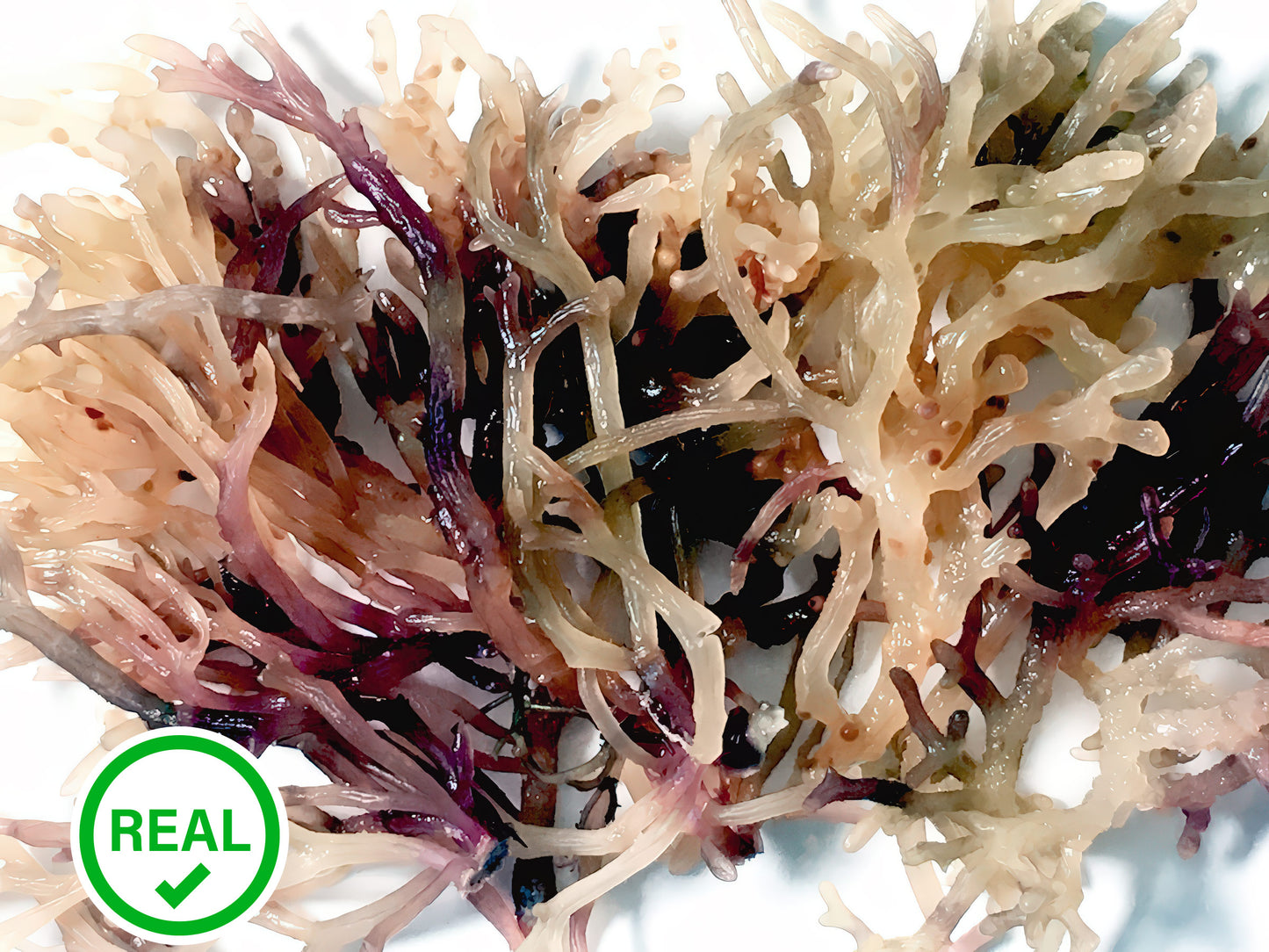
Monk fruit has gained popularity as a natural sweetener, especially in the health and wellness community. But what exactly is monk fruit, and how is it utilized in health beverages? In this FAQ blog, we’ll break down everything you need to know about monk fruit, from its origins to its benefits and its use in your favorite healthy drinks.
What is Monk Fruit?
Monk fruit, also known as Luo Han Guo, is a small green melon native to southern China. It has been used for centuries in Traditional Chinese Medicine to treat various ailments. The fruit extract is known for its intense sweetness and has become popular as a natural sweetener.
Unlike sugar, monk fruit’s sweetness comes from unique antioxidants called mogrosides. These compounds can be up to 300 times sweeter than regular sugar, but they don’t have the same impact on your blood sugar levels. This makes monk fruit an appealing option for people managing diabetes or looking to reduce their overall sugar intake.
The history of monk fruit is fascinating. Named after Buddhist monks who first cultivated it, monk fruit has a rich cultural heritage. Its usage has evolved from a medicinal ingredient to a modern sweetener lauded for its health benefits and versatility in culinary applications.
Nutritional Benefits of Monk Fruit
Monk fruit is favored for its zero-calorie sweetness, making it an excellent option for those seeking to reduce sugar consumption. It’s also rich in antioxidants, particularly mogrosides, which contribute to its sweet flavor and health benefits.
The antioxidants in monk fruit have been shown to have anti-inflammatory properties, which can help protect your body from chronic diseases. Some research suggests that mogrosides may also have anti-cancer benefits, making monk fruit not just a sweetener, but a potential health booster.
Another major benefit of monk fruit is its ability to aid in weight management. Unlike sugar, it doesn’t add extra calories to your diet. For those on a weight loss journey, replacing regular sugar with monk fruit can be a simple but effective change.
In addition to its internal health benefits, monk fruit can also be good for your skin. The antioxidants help combat oxidative stress, promoting healthier, more vibrant skin. This makes monk fruit a versatile ingredient for both your diet and your beauty regimen.
How is Monk Fruit Extracted?
The monk fruit sweetener is derived from the fruit by removing the seeds and skin, crushing the fruit, and collecting the juice. The juice is then dried to create a concentrated powder that’s used as a sweetener in various food and beverage products.
This extraction process ensures that the mogrosides are preserved, maintaining the sweetness without adding calories. The resulting powder can be used in a variety of ways, from baking to sweetening beverages, making it a versatile ingredient in both home kitchens and commercial products.
One of the key benefits of this extraction process is that it doesn’t require any chemicals or artificial additives. This means that the sweetener you get is pure and natural, aligning well with the clean eating principles many health-conscious consumers follow.
Why Use Monk Fruit in Health Beverages?
Monk fruit sweetener is used in health beverages because it’s a natural, zero-calorie alternative to sugar and artificial sweeteners. It doesn’t raise blood sugar levels, making it ideal for people with diabetes or those looking to manage their weight.
In addition to its health benefits, monk fruit also enhances the flavor profile of beverages. Unlike some artificial sweeteners that can have a bitter aftertaste, monk fruit provides a clean, sweet taste that complements various flavors—from fruity to herbal.
For brands like Fruitmoss®, which focus on natural and health-promoting ingredients, monk fruit fits perfectly into their product lineup. It’s used to sweeten their Sea Moss Fruit Drinks, adding a layer of health benefits to an already nutritious beverage.
Popular Health Beverages Containing Monk Fruit
You’ll find monk fruit in a variety of health beverages, including flavored water, iced teas, and energy drinks. It’s also used in smoothies and protein shakes as a natural sweetening option that doesn’t compromise health goals.
One of the most popular applications of monk fruit is in low-calorie and sugar-free drinks. Brands are increasingly using monk fruit to cater to health-conscious consumers who want the sweetness without the added sugars or artificial ingredients.
Monk fruit is also a favorite among athletes and fitness enthusiasts. Its zero-calorie nature means it can be used to sweeten sports drinks, providing necessary hydration and energy without the added calories. Whether you’re a frequent gym-goer or someone looking to maintain a healthier lifestyle, monk fruit-sweetened beverages offer a great alternative.
Is Monk Fruit Safe?
Monk fruit has been extensively studied and is generally considered safe for consumption. It has no known side effects and is recognized as safe by major health organizations, including the FDA.
For those with allergies or sensitivities, monk fruit is a safer option compared to other sweeteners. It’s naturally derived and free from common allergens, making it suitable for a wide range of dietary needs.
In rare cases, individuals may experience digestive discomfort when first introducing monk fruit into their diet. However, these symptoms are generally mild and temporary. As with any new addition to your diet, it’s a good idea to start with small amounts and gradually increase as your body adjusts.
Final Thoughts on Monk Fruit in Health Beverages
Monk fruit is not just a trendy ingredient; it offers a natural, zero-calorie sweetening option for health-conscious individuals. By understanding its benefits and versatility in health beverages, you can make more informed choices about your diet and beverage preferences. Whether you are looking to reduce sugar intake or simply try new healthy alternatives, monk fruit is definitely worth considering.


